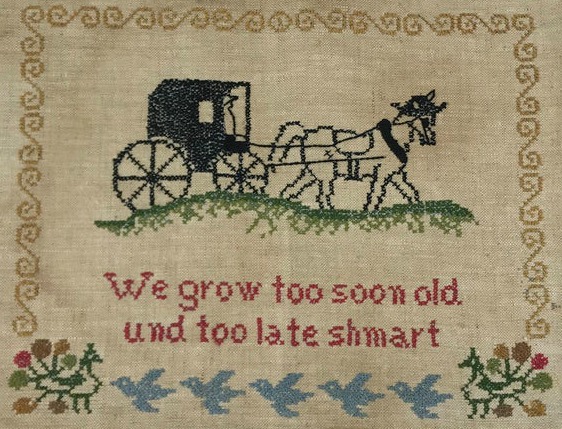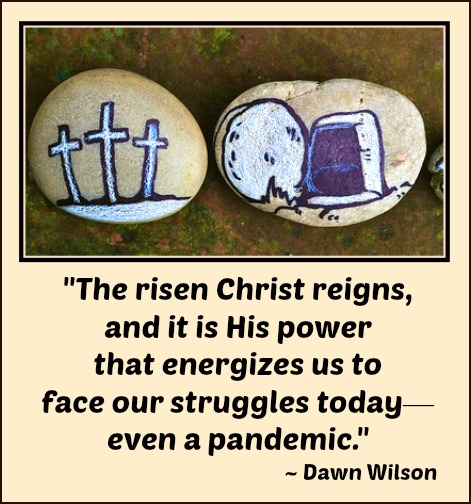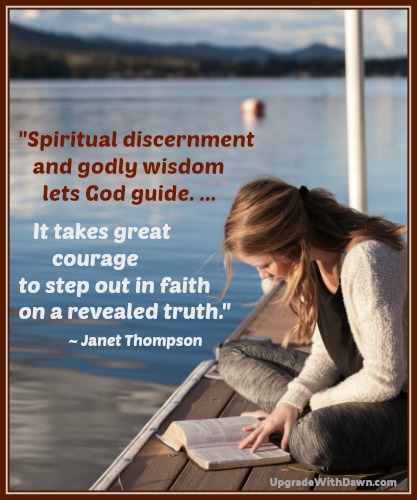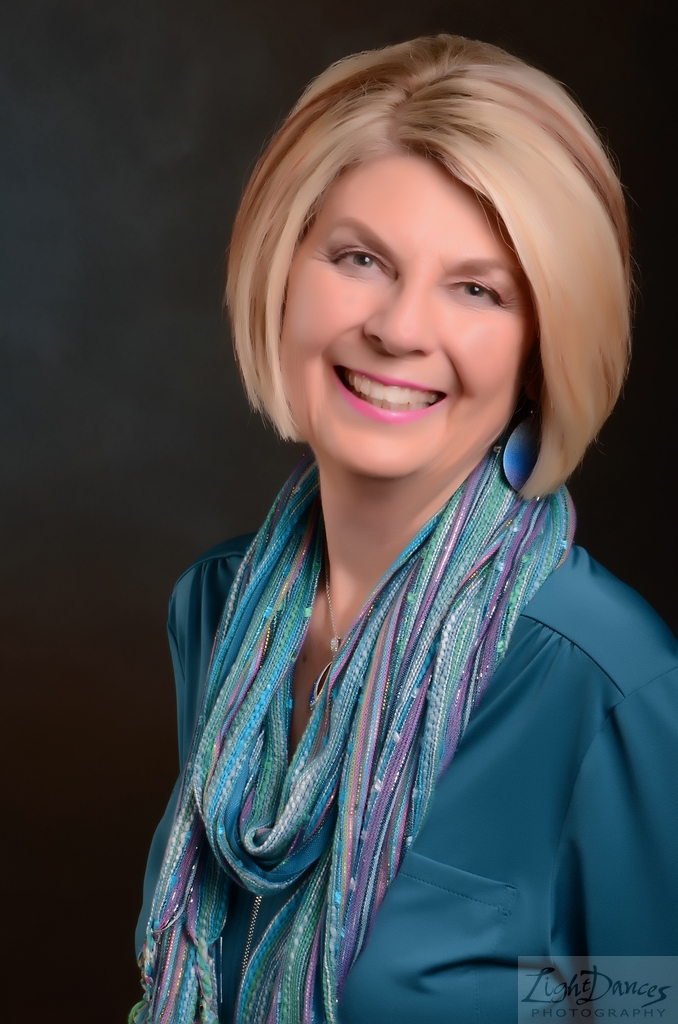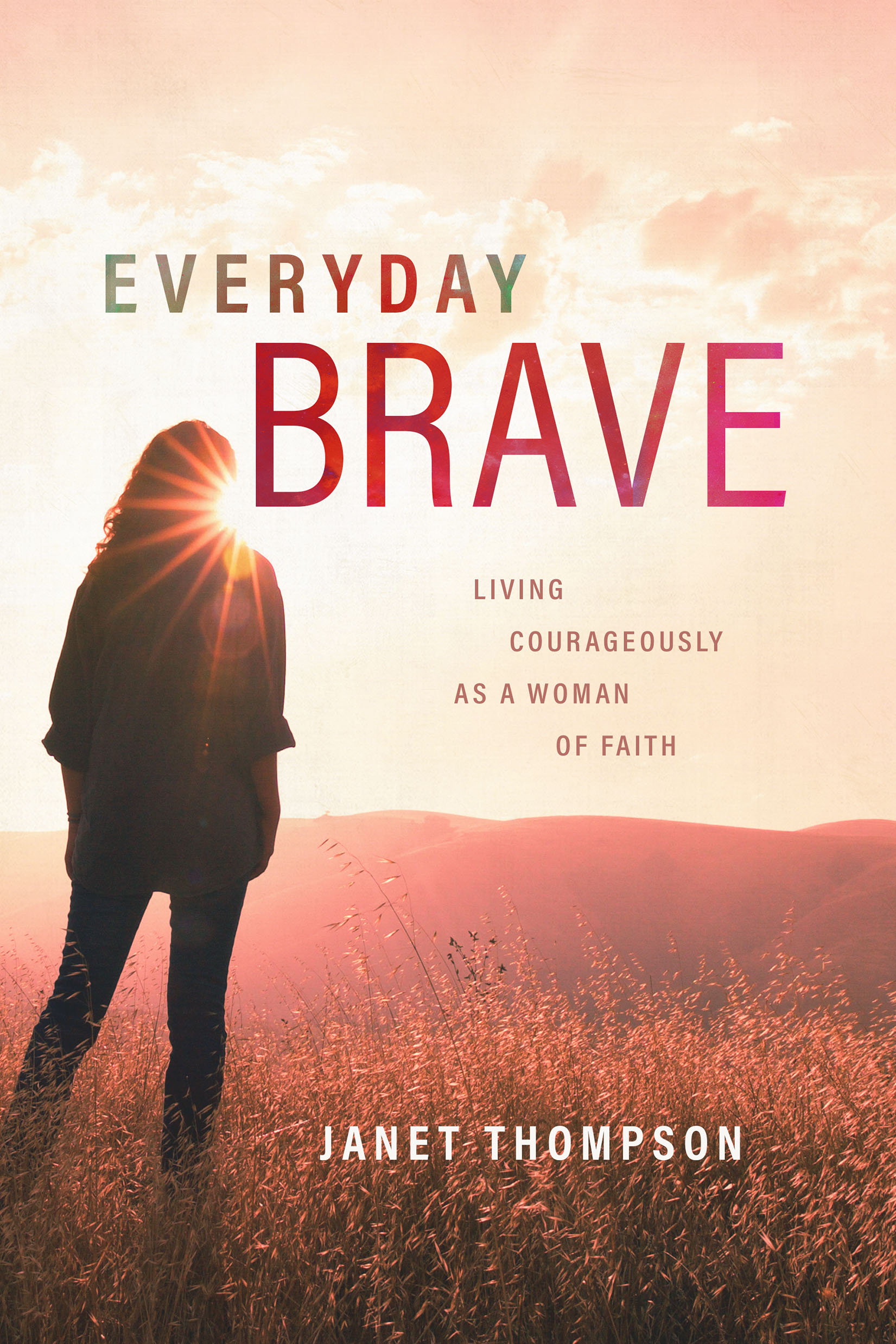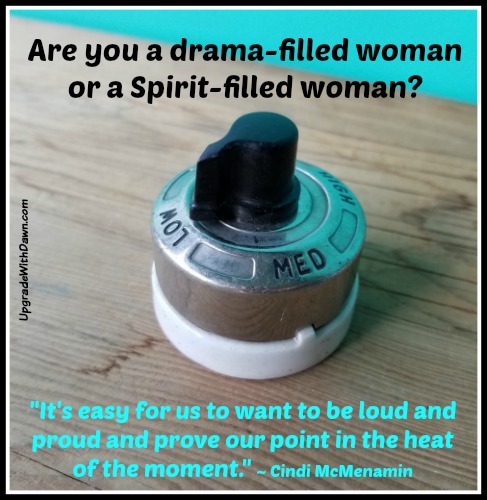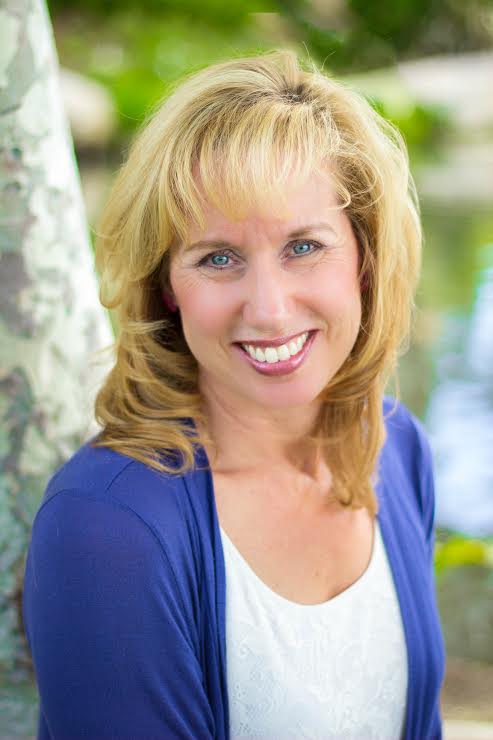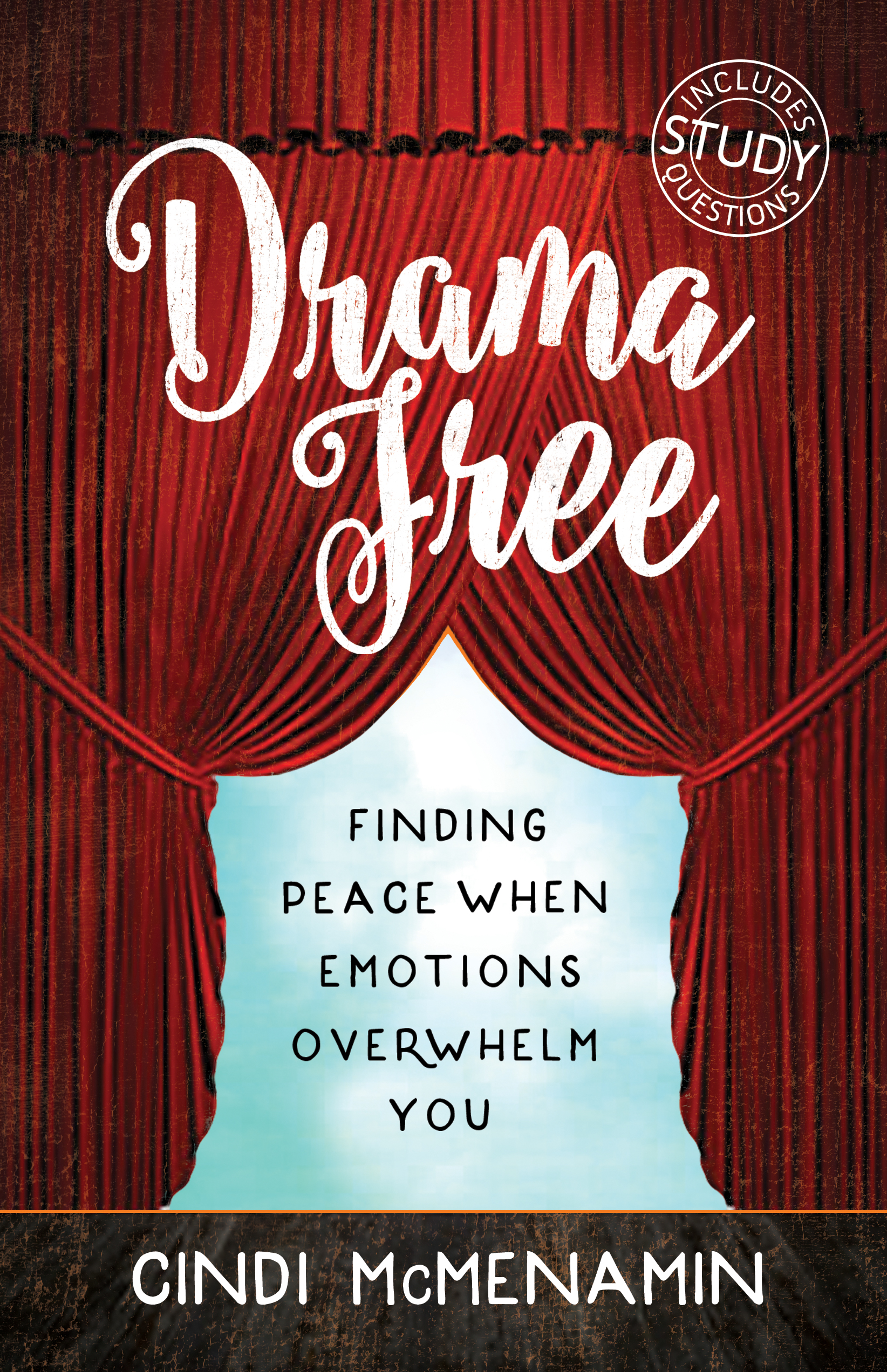Being a Light in a Dark Election
Morgan Farr is a woman of faith with courage to speak up for the Word of God. In this special, insightful Election UPGRADE, she encourages biblical responses and behavior before, during and even after the upcoming election.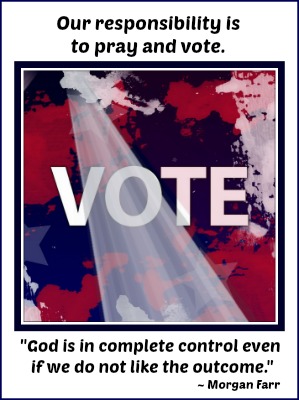
“I have a confession to make,” Morgan says. “I am a bit of a current events junkie. You wouldn’t know it to look at me, but I love politics, civics, and the law.”
I (Dawn) am too! And I have found Morgan to be a woman of faith with strong opinions—and those opinions are rooted in powerful, positive principles of truth from scripture.
Morgan continues . . .
I strongly believe healthy discourse and debate about these topics—politics, civics and the law—is a crucial aspect of being a good citizen.
In the craziness that is 2020, I have had to take a break from engaging in debates and discussion about politics and, in some cases, even following current events, because I just cannot take the hateful darkness on all sides of the political spectrum.
The amount of name calling—even from mature Christians—in this election cycle has been appalling. Hateful memes and comics are frequently shared by people claiming Christ’s name.
People are railing against political parties and ideas while forgetting that the people that they are talking about are made in the image of God—just like us.
So, I am going to share with you how to be a light for Christ before, during, and after the 2020 Presidential Election.
BEFORE the Election
1. Do Your Research:
Learn as much as you can about each candidate so that you can make an informed choice.
A small caveat here. Keep in mind that the presidential election is ONE of the elections happening on November 3rd. There are 470 seats in Congress up for election this go around. That is 35 Senate seats and 435 House seats. Be educated and prepared!
2. Be Wise:
- Share what you learn about the political candidates in a way that honors God. Check and double check your facts before you post anything about another person, political or otherwise.
- Remember that each of the candidates are human beings made in the image of God, treat their names that way.
- Share positive articles and posts about the candidate that you decided on rather than posting all the negative things about the other candidate. Do not engage in the mudslinging nonsense.
This is where people often say, “But Morgan, the other side is bashing our candidate, so we have to tell what their candidate is doing wrong!”
To which I say, “Nonsense!”
Proverbs 12:16 says,
Fools have short fuses and explode all too quickly; the prudent quietly shrug off insults.
Let them say whatever they are going to say.
You are not going to change anyone's mind on social media by arguing or posting ugly comments or sarcastic memes. No one is won over that way, and all it does is make you (and the church body) look foolish.
DURING the Election
1. Do Your Part
Titus 3:1-2 says,
Remind the people to respect the government and be law-abiding, always ready to lend a helping hand. No insults, no fights. God’s people should be bighearted and courteous.
Get out there and be helpful!
These are a few simple things that you can do to help on or near Election Day regardless of who you are voting for:
- Help get other people registered to vote ahead of time.
- Volunteer to be a poll worker.
- Bring supplies (water and snacks) to people in polling stations.
- Find out if anyone in your church or community needs help getting to the polls on November 3rd.
Examples of that fourth point:
- Help the elderly, who may not be able to drive.
- Help mothers of small children—babysit so the children don’t have to stand in line at the polls.
- Help first-time voters who may be intimidated by the process.
2. Vote Well
Do not just vote for the person with the most advertisements or the person that your pastor, dad, spouse, or employer told you to vote for.
Vote according to your conscience after careful prayer and study.
AFTER the Election
If Your Candidate Won:
That is great news! Handle it like a good sport.
Use your heads as you live and work among outsiders. Don’t miss a trick. Make the most of every opportunity. Be gracious in your speech. The goal is to bring out the best in others in a conversation, not put them down, not cut them out (Colossians 4:5-6).
Do not alienate people with boasting or trash talking after the election. All that does is cause strife.
Instead focus on bringing out the best in the people around you since that is where you will have the greatest impact.
If Your Candidate Lost:
I am sorry for your disappointment. Handle it like a good sport.
Be a good citizen. All governments are under God. Insofar as there is peace and order, it’s God’s order. So, live responsibly as a citizen. If you’re irresponsible to the state, then you’re irresponsible with God, and God will hold you responsible. Duly constituted authorities are only a threat if you’re trying to get by with something. Decent citizens should have nothing to fear (Romans 13:1-3).
Do not then allow that setback to impact your testimony as a Christian by behaving in a manner that would blemish the reputation of Christ.
Whoever gets elected is not a surprise to God.
God is in complete control even if we do not like the outcome.
Finally, let me remind you that the leaders of the country are hundreds or thousands of miles away from most of us. Do not allow political affiliation to determine how you treat the people in your community.
If someone votes for Trump, respect their choice.
If someone votes for Biden, respect their choice.
Ultimately our allegiance is not to the Democrat Party or Republican Party, or even to the United States. Rather, our allegiance is to Jesus Christ and His ultimate authority as the Son of God.
What can you do to bring light to the election process for 2020?
Morgan Farr is a Texas-loving, succulent-cultivating, book nerd. Stationed in Philadelphia, Pennsylvania,  this Army wife is learning to love her husband, developing her four children, and tackle the homeschool life while moving all over the country. Morgan writes about her transition away from feminism and into biblical womanhood at The Forgiven Former Feminist.
this Army wife is learning to love her husband, developing her four children, and tackle the homeschool life while moving all over the country. Morgan writes about her transition away from feminism and into biblical womanhood at The Forgiven Former Feminist.
Graphic adapted, courtesy of Hannah Edgman.
 Post a Comment → Posted on
Post a Comment → Posted on  Thursday, October 29, 2020 at 5:16PM
Thursday, October 29, 2020 at 5:16PM 




